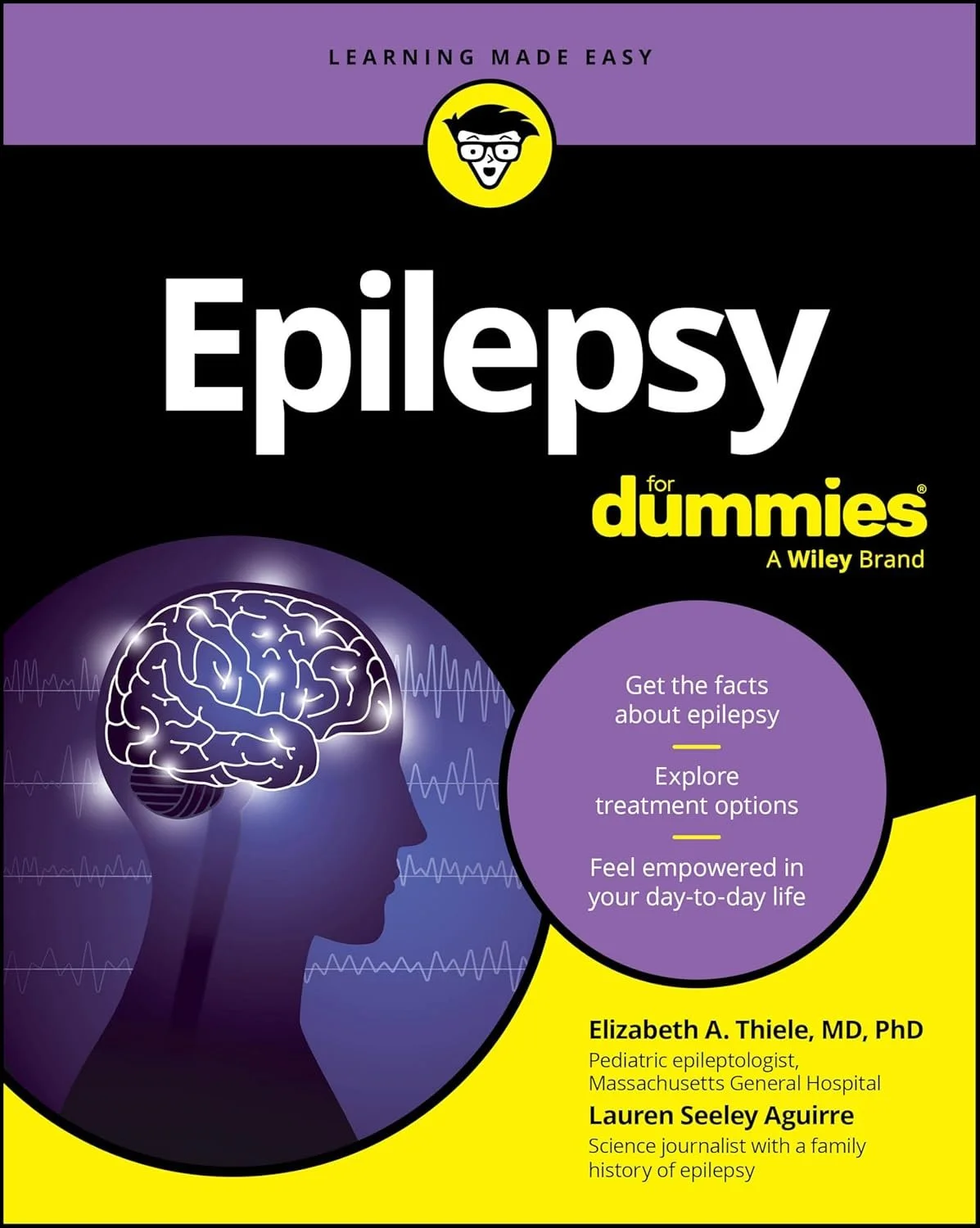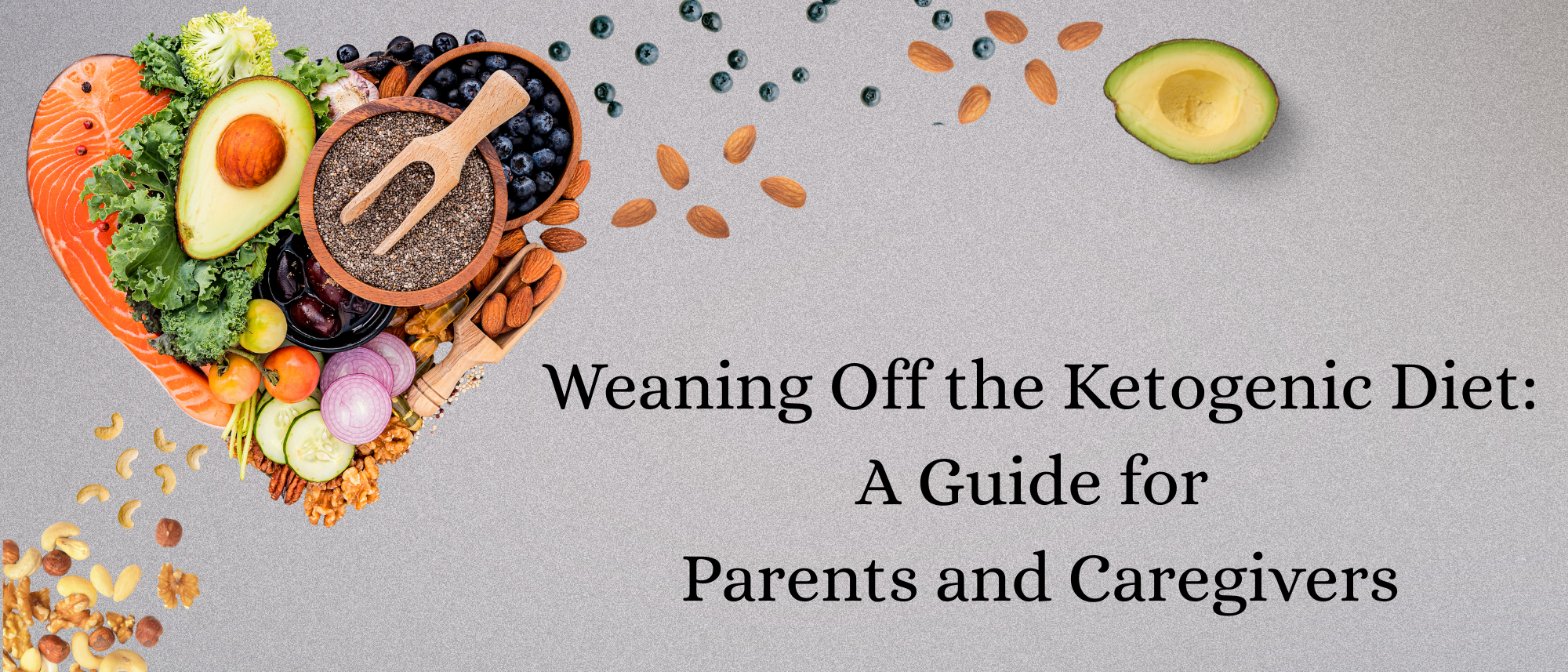A Year in Review: Celebrating Milestones at Keto Hope Foundation
/As 2024 comes to a close, we at the Keto Hope Foundation are reflecting on a year filled with meaningful accomplishments and inspiring connections. It’s been a journey of growth, learning, and impactful moments that strengthen our commitment to supporting families managing epilepsy through ketogenic therapies. Let’s take a look back at some of this year’s highlights.
Published Research: Advocating for Caregivers and Families
This year marked a significant milestone with the publication of two research articles close to our hearts.
In June 2024, we shared our heartfelt voices in Pediatric Research with our article, “Family reflections: A candid view from caretakers of patients with pediatric epilepsy”. This piece offers an intimate glimpse into the triumphs and trials of caregivers, highlighting their resilience and need for understanding from the broader healthcare system.
Then in July 2024, our literature review, “Support for caregivers of children on the ketogenic diet for epilepsy and other neurologic disorders”, was published in Epilepsy Behavior. This work sheds light on the challenges caregivers face, emphasizing the importance of providing accessible resources and emotional support. We hope it serves as a foundation for future discussions and solutions within the medical community.
Both publications are milestones in advancing the conversation around caregiver and family support—a topic central to our mission.
Keto Talk Podcast: Sharing Our Story
We had the privilege of being interviewed on the Keto Talk podcast. This platform allowed us to connect with a wider audience, sharing insights into ketogenic therapies and our dedication to empowering families. The experience was a reminder of the importance of advocacy and education in transforming perceptions about medical ketogenic diets. Listen to the podcast here.
GLUT1 Deficiency Summit: Building Community
In June, our team attended the GLUT1 Deficiency Summit in Dallas, Texas. This incredible event brought together families, healthcare professionals, and researchers united by a shared goal: advancing the understanding and management of GLUT1 Deficiency.
The opportunity to meet so many amazing individuals—families courageously navigating rare conditions and clinicians pushing the boundaries of care—was profoundly inspiring. The Summit reminded us of the power of collaboration and the strength that comes from community.
Looking Ahead: Exciting Developments
While reflecting on the past, we’re equally excited about the future. On March 8th, we’ll host a special fundraiser in Charleston, South Carolina. While we can’t reveal all the details just yet, we promise an event that will celebrate our mission and community while raising critical funds to support families. Stay tuned for updates—this is one event you won’t want to miss!
Thank You for Supporting Us
None of this would have been possible without the unwavering support of our community. To the families, caregivers, healthcare providers, and supporters who walk this journey with us: thank you. Your dedication fuels our efforts and inspires us to keep striving for better resources, stronger connections, and a brighter future.
As we close the chapter on 2024, we look forward to continuing this work together. Here’s to making 2025 just as impactful!
Image: Jessica Lee & Laura Dority (Keto Hope Foundation Co-Founders)
Image: Daisy Argudin (Keto Hope Foundation Program & Social Media Manager)
—
Stay connected by subscribing to our newsletter and following us on social media (Instagram & Facebook) for updates on upcoming events and initiatives.




































